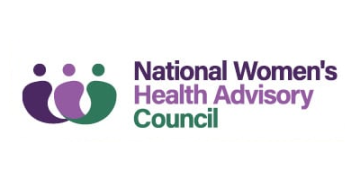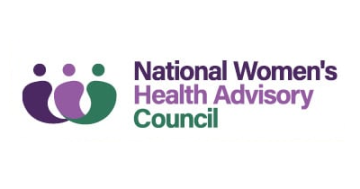 Australia’s food safety regulators have launched a nation-wide survey of the country’s food supply to protect people against the threat of antimicrobial resistance.
Australia’s food safety regulators have launched a nation-wide survey of the country’s food supply to protect people against the threat of antimicrobial resistance.
Announced by the Assistant Minister for Health and Aged Care, Ged Kearney, the survey is being undertaken by Food Standards Australia New Zealand (FSANZ) together with State and Territory regulators.
Ms Kearney said antimicrobial resistance was the resistance of bacteria, viruses, fungi, and parasites to antimicrobial or antibiotic medicines.
“This is about reducing the risk of people being sicker for longer, the pressure that creates on our health system and the increased risk of dying from an infection that has tragically turned untreatable,” Ms Kearney said.
“We know this is becoming an increasing global problem, with antibiotics losing their effectiveness and new solutions not being developed fast enough,” she said.
“This is a part of the puzzle to ensure we’re prepared to protect the health of Australian’s now and into the future.”
Ms Kearney said antimicrobial resistance was described as a ‘silent pandemic’ and was one of the World Health Organisation’s top 10 global public health threats.
She said regulators had begun sampling retail beef, pork and poultry products as part of a national strategy to minimise the development and spread of antimicrobial resistance.
“This is the first national surveillance of antimicrobial resistant bacteria in retail food since 2007,” the Assistant Minister said.
“It will help to gauge the scale of antimicrobial resistant bacteria in select retail foods, while also identifying emerging threats to our medicine cabinet of antimicrobials.”
Ms Kearney said the survey is to run until mid-2023 and support to the Department of Health and Aged Care and the Department of Agriculture, Fisheries and Forestry’s Australia’s National Antimicrobial Resistance Strategy – 2020 and beyond.
She said the 2020 Strategy provided a national approach to protecting Australian health and environment through minimising the development and spread of antimicrobial resistance, while also ensuring that effective antimicrobials were available or in development.











